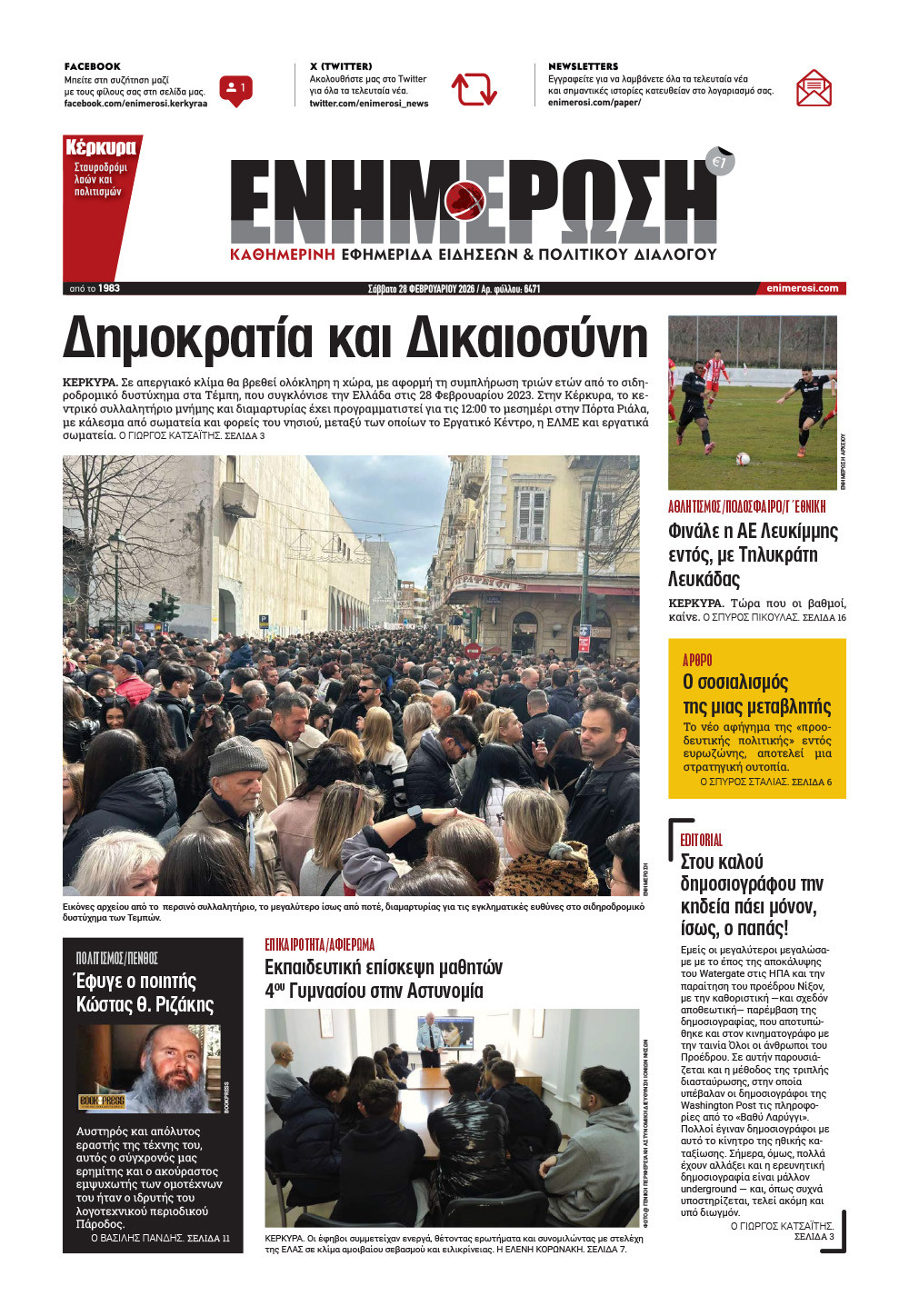1,500-ton public health risk

CORFU. Up to 1,500 tons of fresh meat and fish are rotting under the sun at the ruined Goggakis premises in Corfu, creating a serious public health risk. Local authorities, in cooperation with the regional and municipal governments, are urgently seeking a way to manage the massive volume of waste, as the island currently has no operational landfill.
Roughly 1,500 tons of fresh meat and fish have become a public health risk at the burned-down Goggakis premises in Corfu. The decomposition is progressing rapidly, as the products remain exposed to the sun — there is no roof and, of course, no refrigeration, since all cooling systems were destroyed in the fire.
The issue was discussed on Saturday morning at a meeting held at the company’s premises (the administration building remained intact). Among those present were Spyros Goggakis, Regional Governor Yiannis Trepeklis, Mayor Stefanos Poulimenos, and several public officials.
Authorities have already begun the process of issuing the necessary certifications and emergency decisions, as the situation falls under special health and safety protocols.
However, as is well known, Corfu currently has no operational landfill, which makes the problem even more severe and urgent. The Public Prosecutor’s Office has not approved the burial of the waste at the closed Temploni landfill site.
The Secretary-General for Solid Waste Management, Mr. Grafakos, is being sought for immediate coordination to address this emergency. Other sources contacted by Enimerosi suggest that a solution might be found under existing provisions for the burial of animals culled during outbreaks of sheep pox. The relevant legislation is recent and could potentially apply in Corfu’s case.
Phone lines are buzzing, as the Goggakis company has already reached out to firms specialising in the transportation of hazardous waste materials.
However, it’s Saturday — and according to company estimates, removing the decomposing products, now in advanced stages of decay, would require more than 70 trucks!
The scale of the problem and the pressure of time are greatly increasing both anxiety and risk.
GIORGOS KATSAITIS












